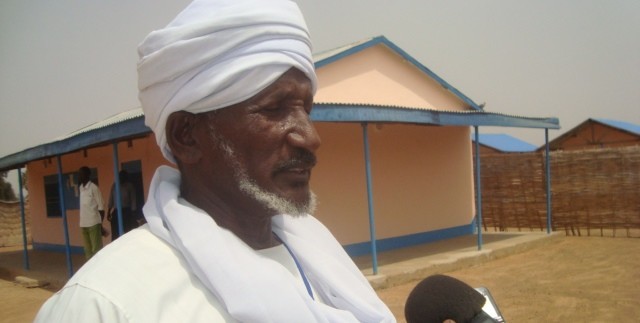Misseriya and Dinka Malual tribal leaders began a conference in Wanyjok in Aweil East County of Northern Bahr al-Ghazal on Wednesday.
Over 50 chiefs and state government officials attended, including the governor, Paul Malong, who opened the conference.
The Misseriya in attendance are Sudanese cattle keepers from South Kordofan who migrate annually to South Sudan to graze their cattle.
Rashid Hamid Hamad, the chief representative of the Misseriya, said the conference aimed to provide grazing land to the tribe and improve the economic ties between border communities.
Asked why resolutions passed at peace conferences of this sort are sometimes not respected, he replied, “The reasons for problems in implementation do not come from the Misseriya or from the Dinka Malual. We do not cause problems – the problems that come, come from the SPLA.”
He also said, “Between us and Bahr al-Ghazal there is no border. The border is a national one, but we as civilians do not have a border.”
“We would like the government of South Sudan to treat Misseriya and Dinka citizens as the same… don’t treat one as southerner and the other as northerner. No, treat us as Misseriya and Dinka Malual the same.”
The conference is expected to run for three days. It is supported by the US Agency for International Development through a contracted company, AECOM.
Photo: Rashid Hamid Hamad, head of the Misseriya peace committee at the talks in Wanyjok, 27 February 2013 (Radio Tamazuj)




